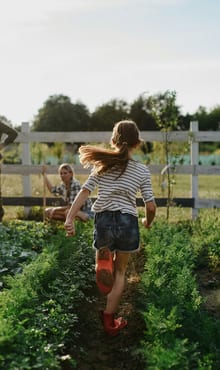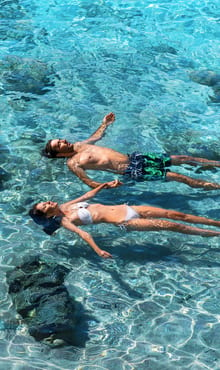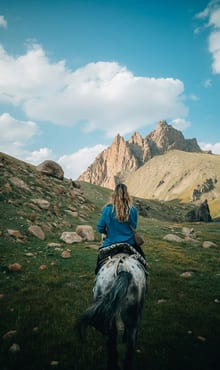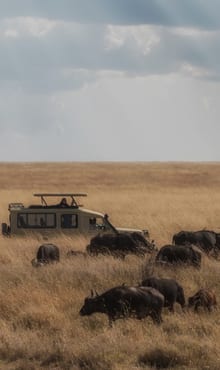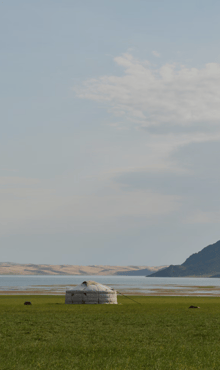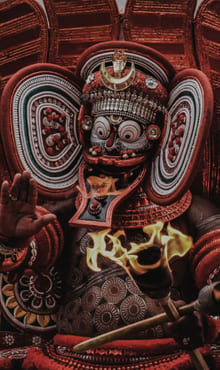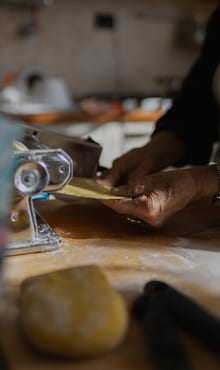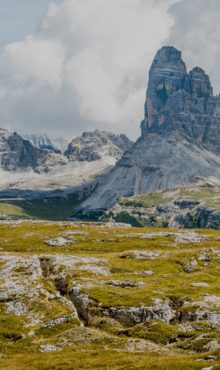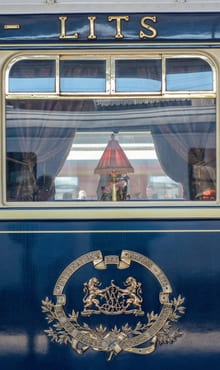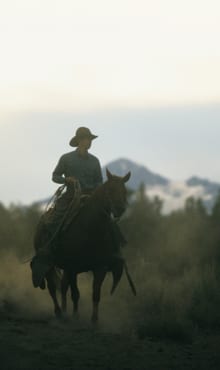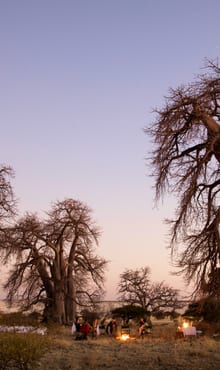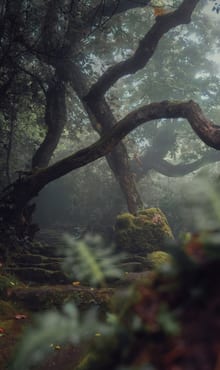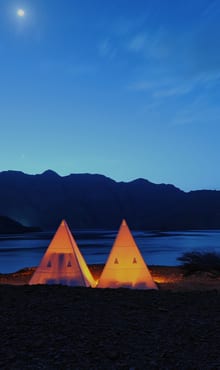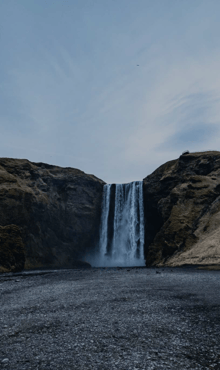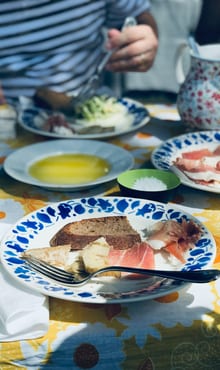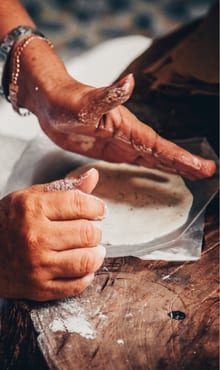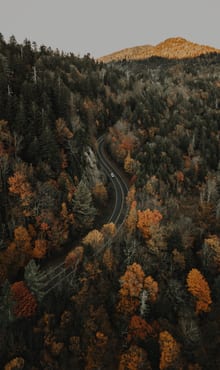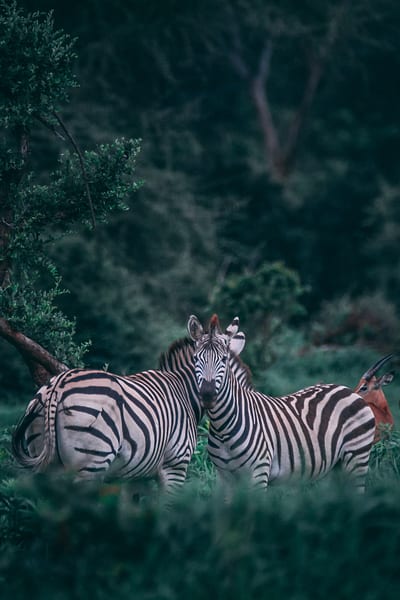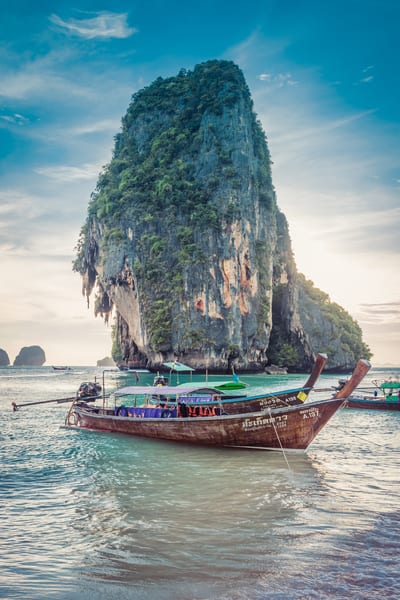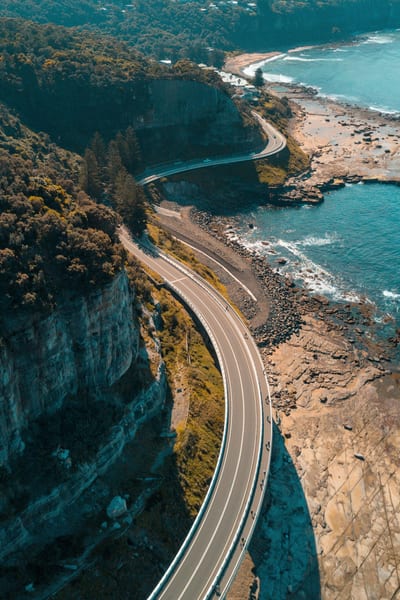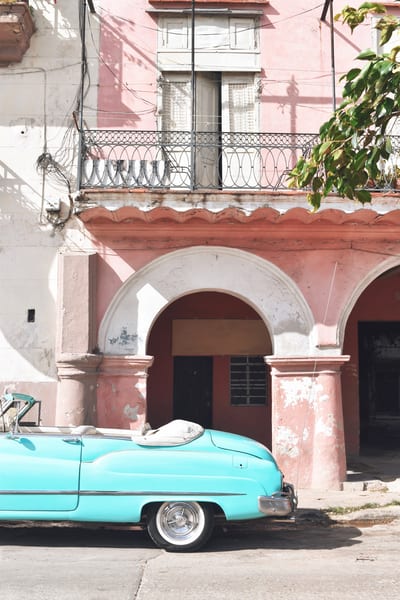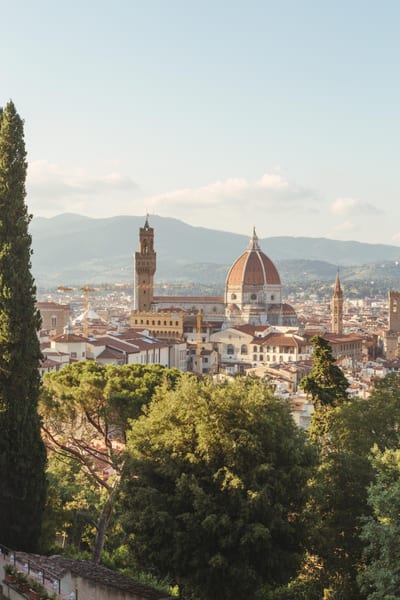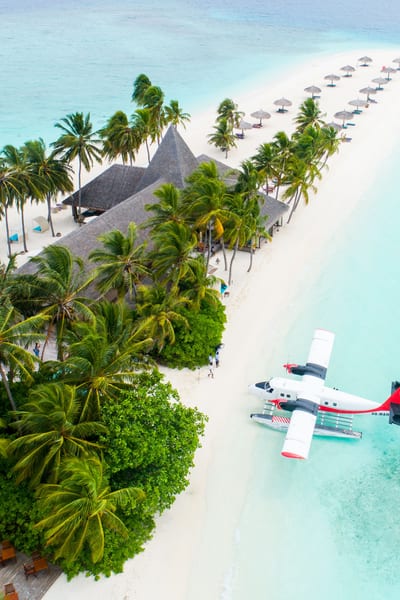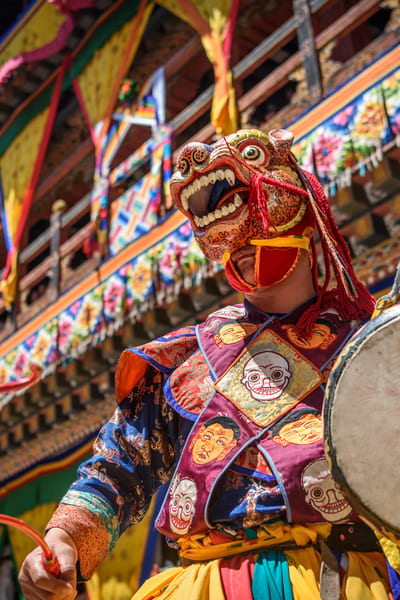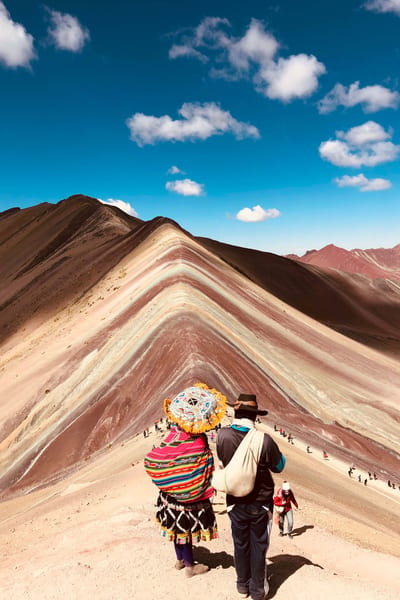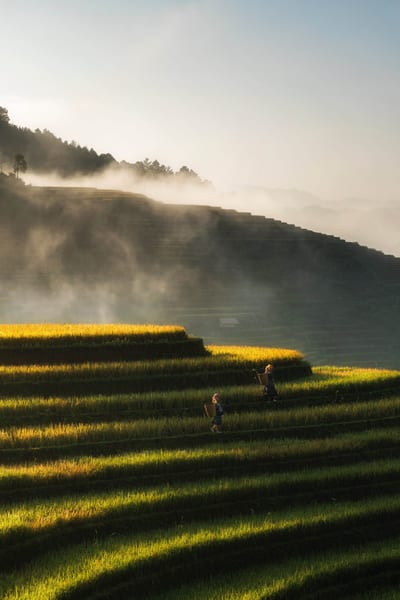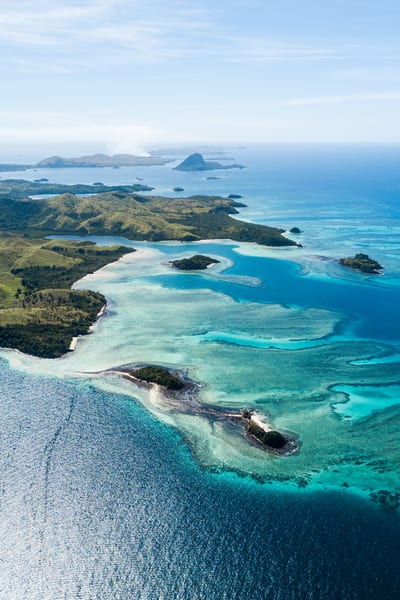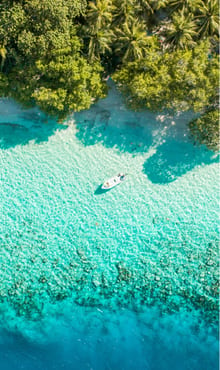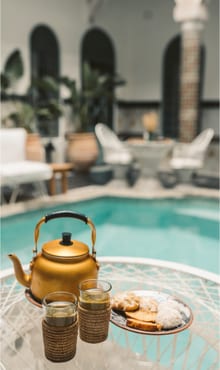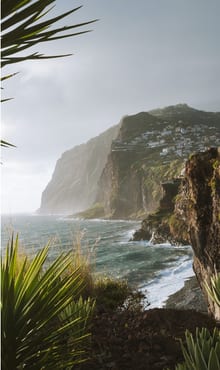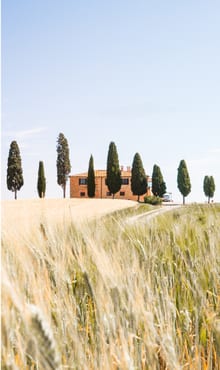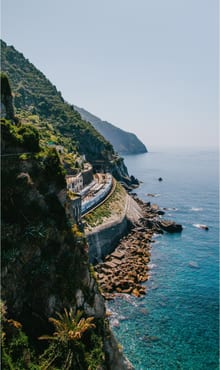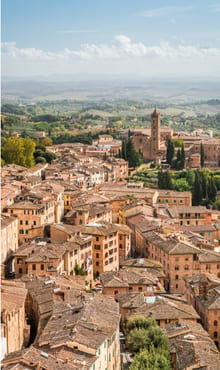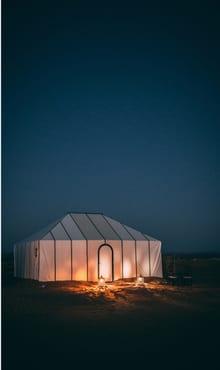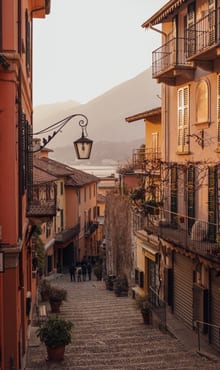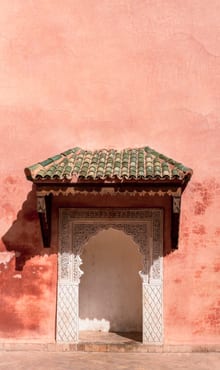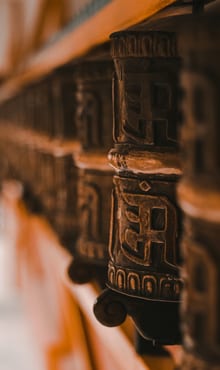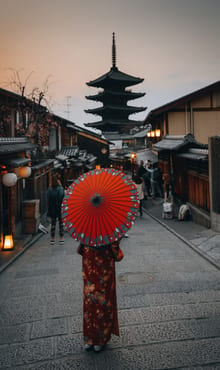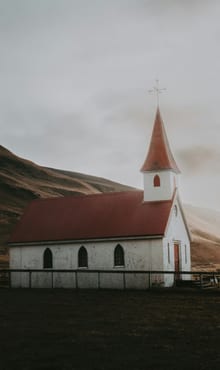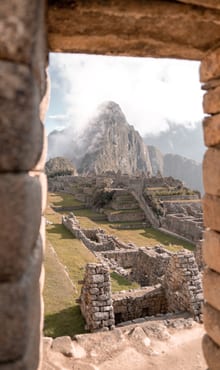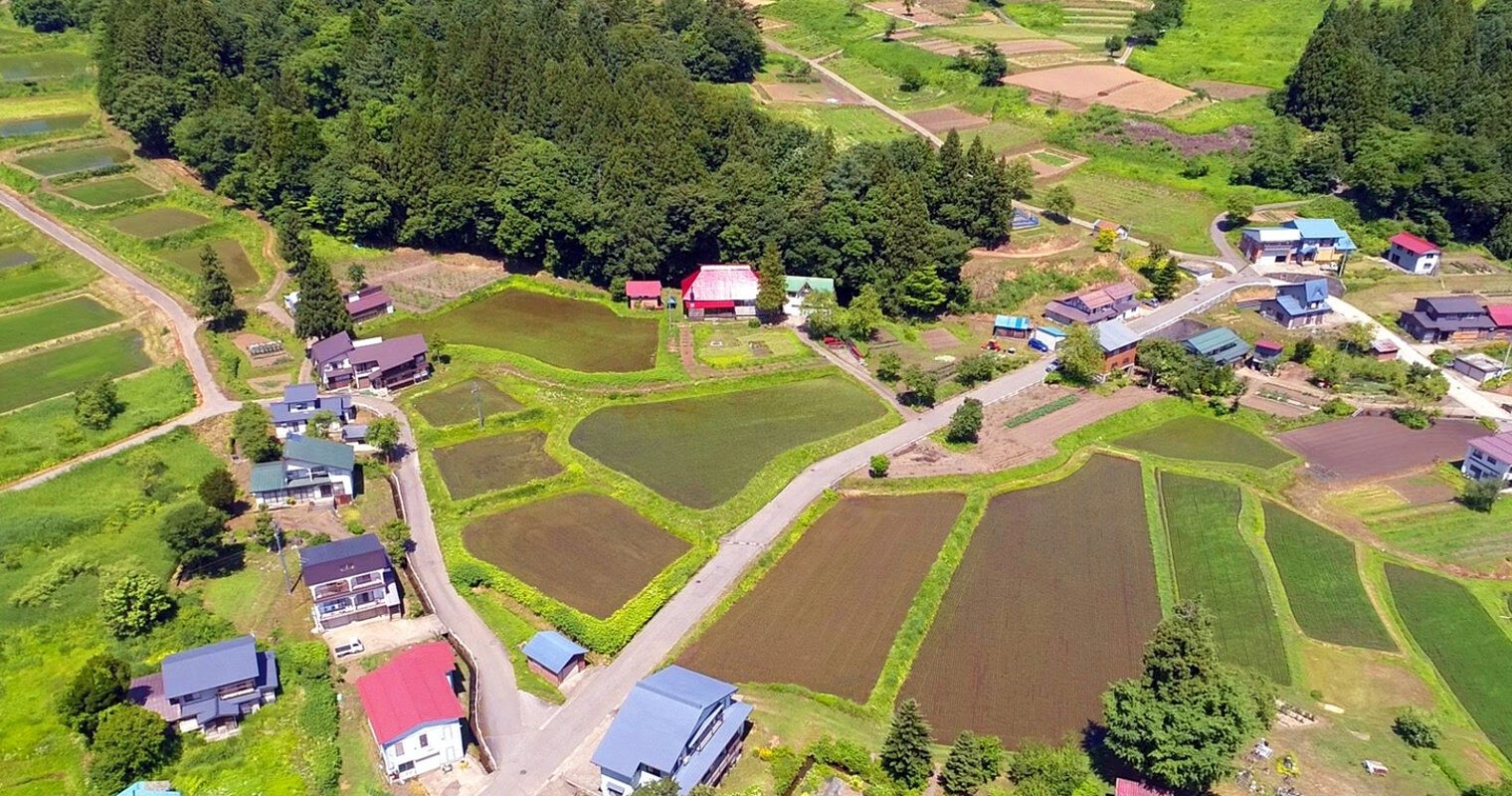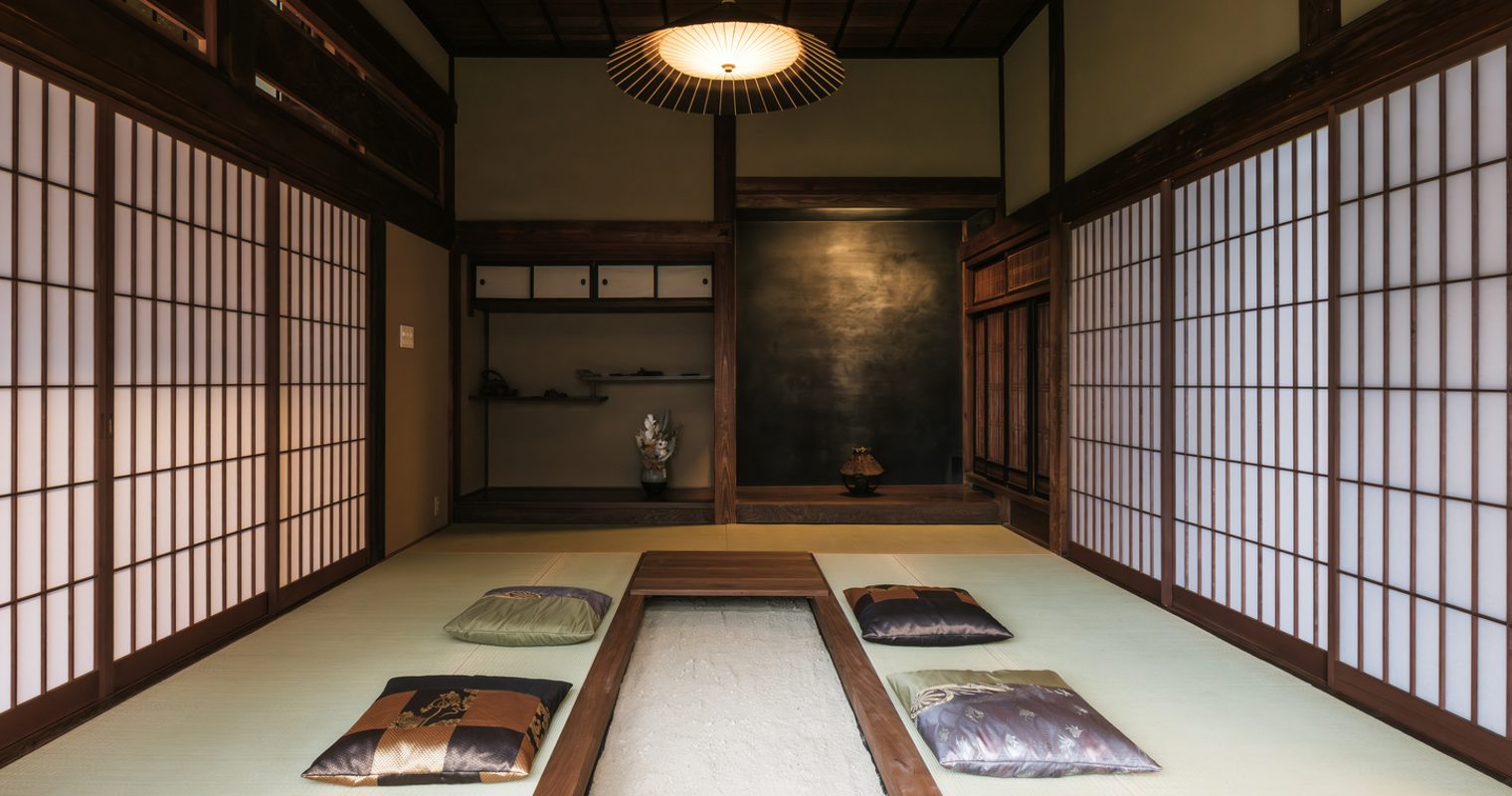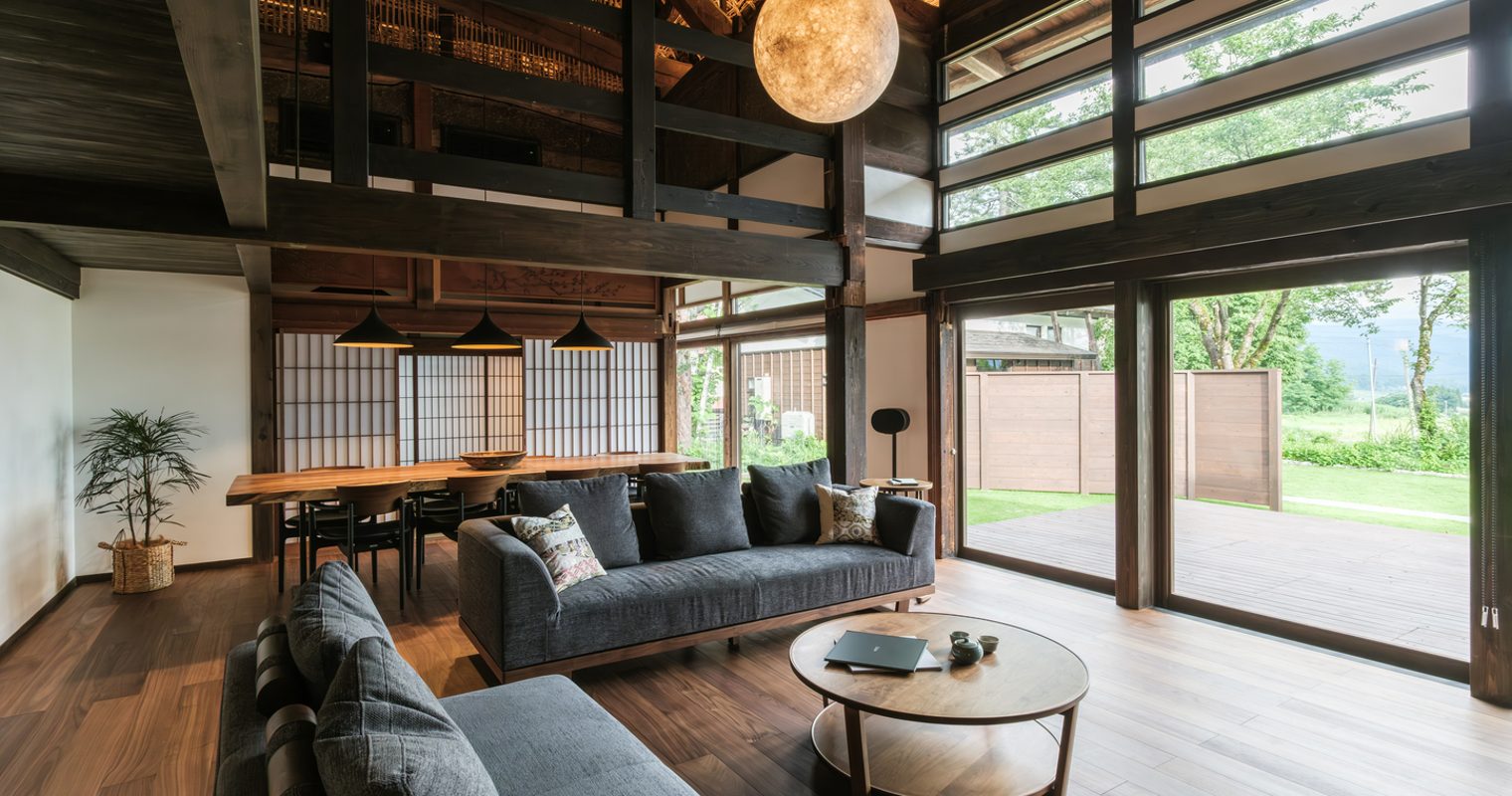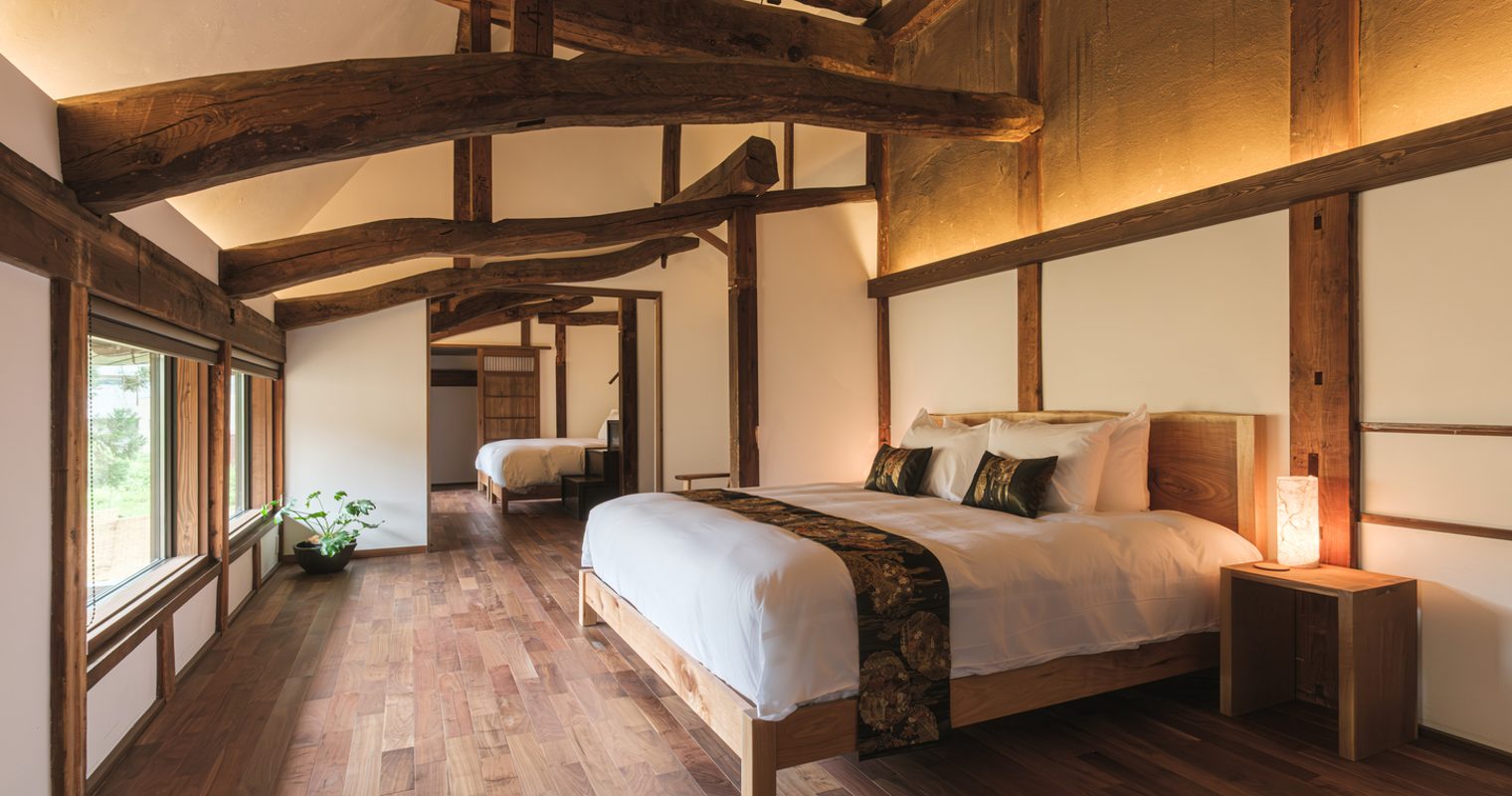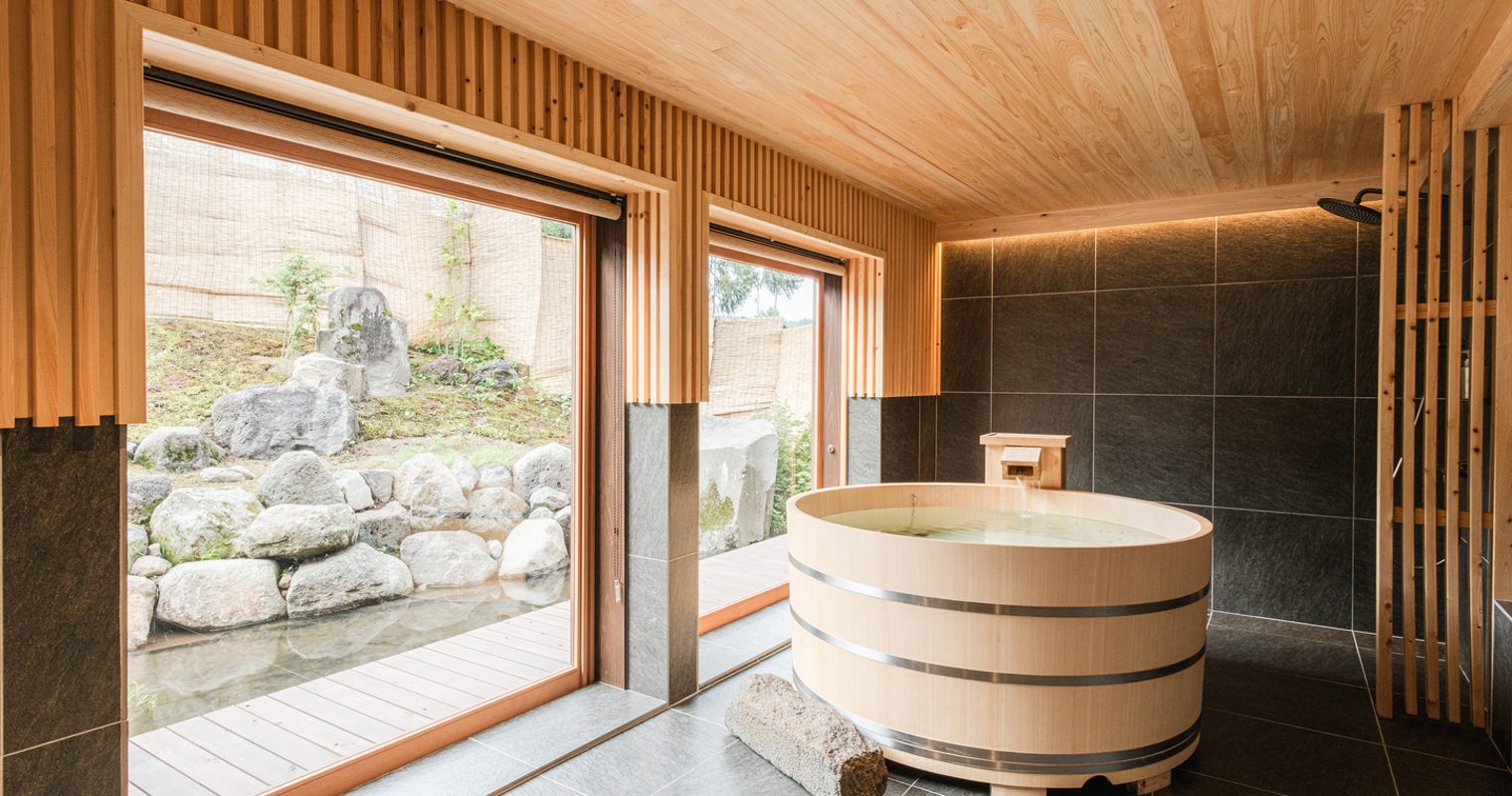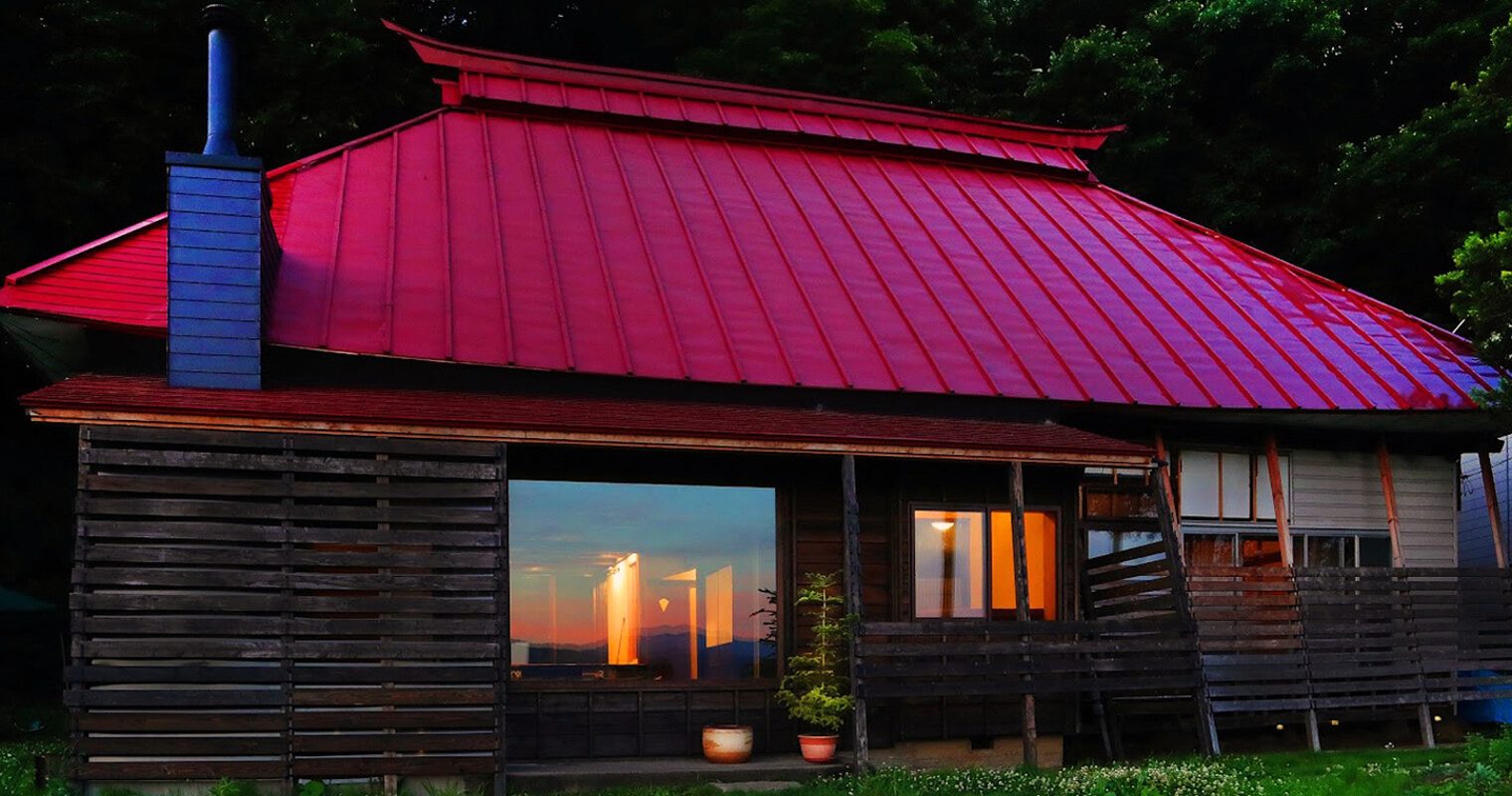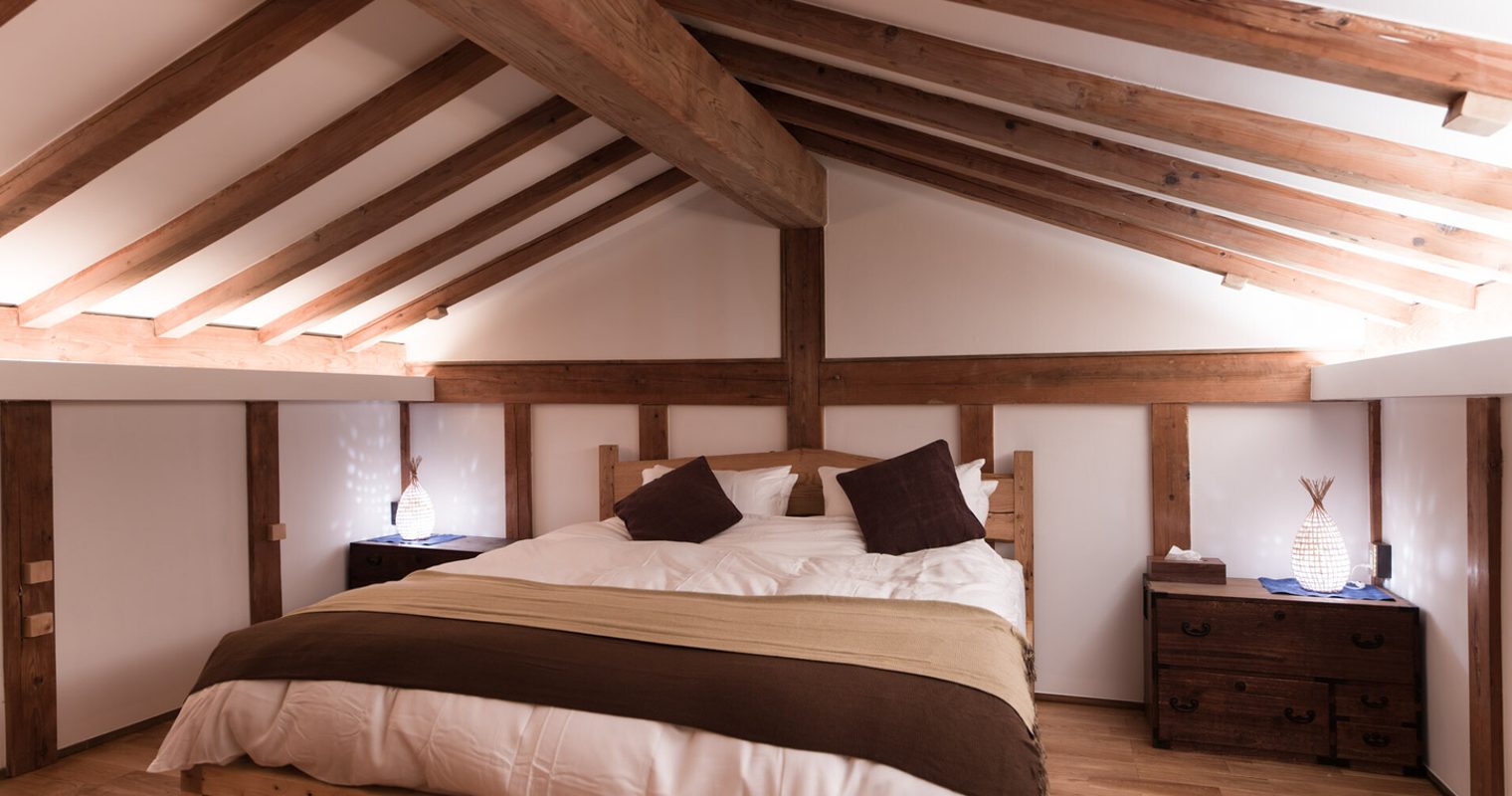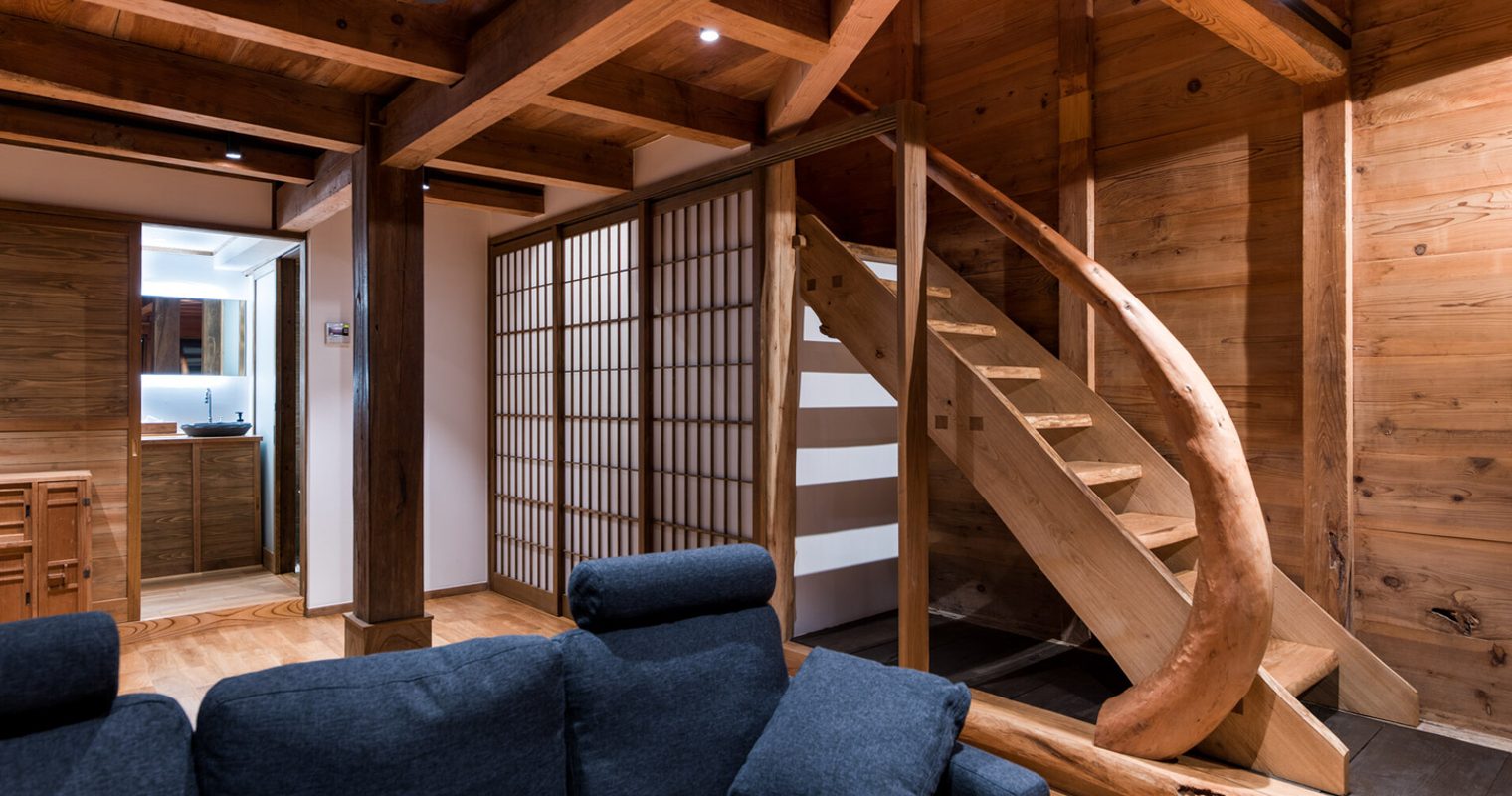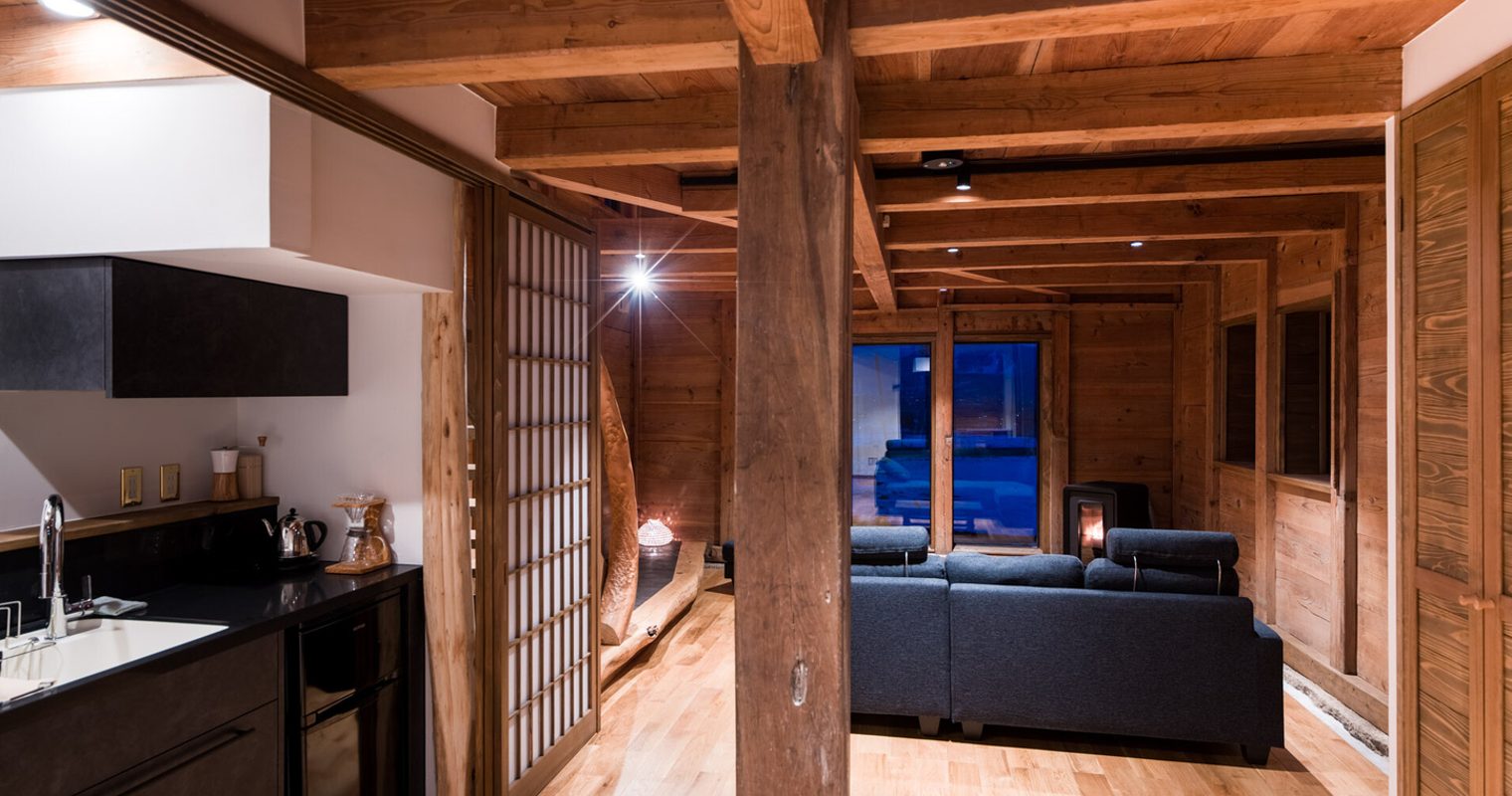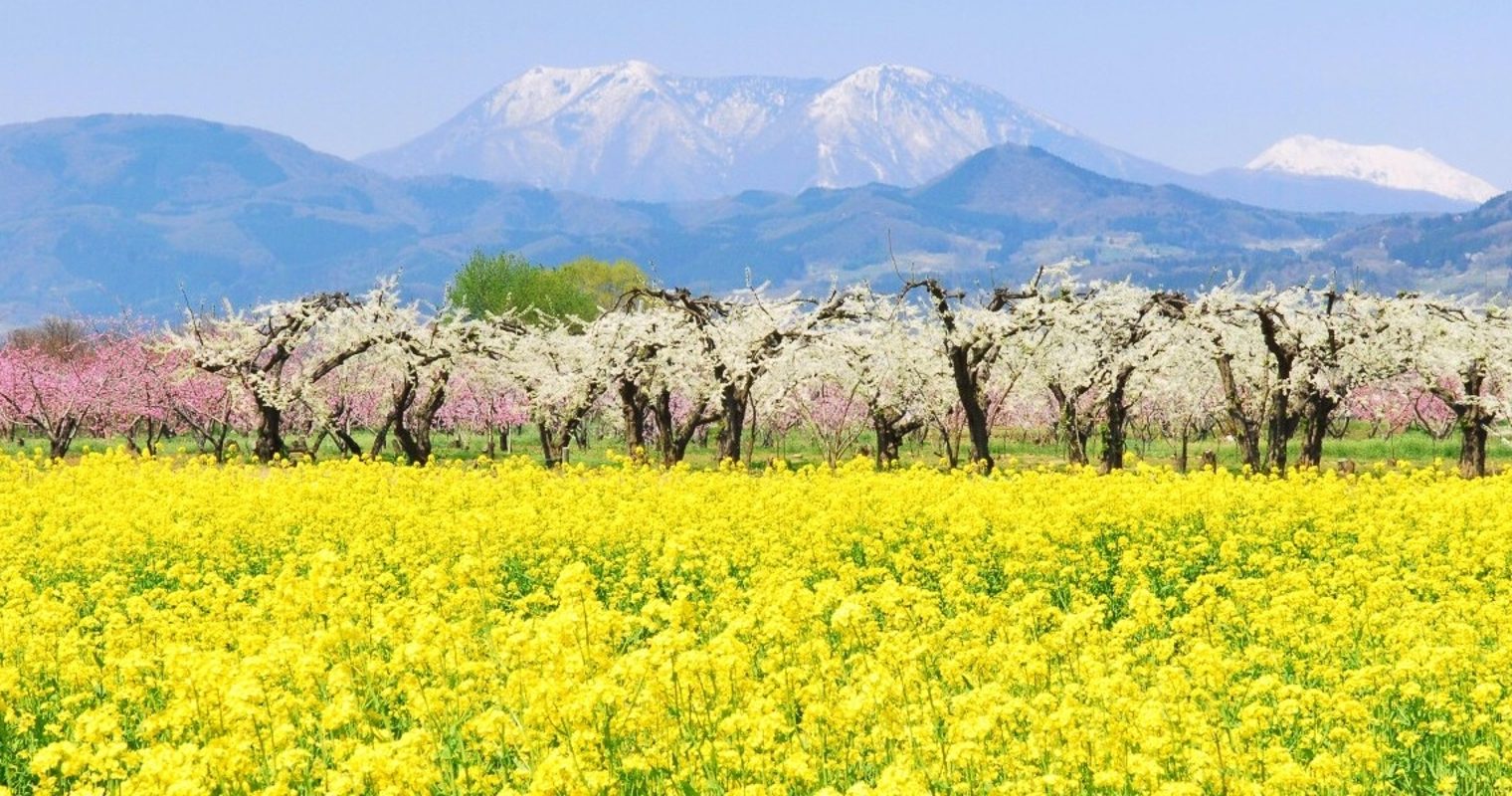Japan
Togari Village Houses, Nagano
A stay at one of these traditional houses gives you authentic glimpse into Japanese rural life. Within seconds of arriving you’ll see that each home has been lovingly – painstakingly, at times – restored. The British-Japanese owners were on a mission to preserve the buildings’ histories while giving travellers the chance to stay in contemporary comfort. They’ve succeeded. The homes have been carefully brought into the present without losing the centuries of stories that make them feel special in the first place. A rare feat, we think.
LOCATION
The houses are huddled together in Togari Village, Iiyama, in a valley at the base of the Togari Onsen mountains – or the Japanese Alps. You may be here for Nagano’s legendary winter snow (the ski lift is a short stroll away, making mountain access a breeze). In the summer, the area is peaceful and pretty, with blossom-filled trees and fluro-green fields. Grab a seat outside and soak it all in.
YOUR ROOM
You’ll feel the history of each house before you even step inside. Ancient plastering methods and original beams feature throughout, while modern touches, from couches to low-slung beds, keep things comfortable. The beauty of a stay here is that each home feels a little different, without a hint of “I’ve seen this before” design.
The Omoya is the thoughtfully restored 260-year-old kominka farmhouse. The set up – with two ensuite bathrooms and an additional connecting room – makes it great choice for families. After a day exploring the countryside, you can unwind in the onsen-style bathroom, where a grand hinoki bath leads out to a peaceful Japanese garden. There’s a spacious living area with comfy couches, or for a more traditional relaxation stop, there’s a washitsu, a Japanese-style room with a classic irori hearth.
The Kura started life 200 years ago as a storehouse, designed to protect valuables and food. Today it lives on as a light-flooded option for couples and families, with a custom-made double bed and futon options or tatami mats for kids. There’s a traditional wet-room bathroom with a soaking tub and the obligatory high-tech Japanese toilet.
The Tonari No Ie is a renovated minka farmhouse, with a rust-red roof, original beams, and large windows to make the most of the view. Wood-burning stoves and underfloor heating keep it cozy, while there are some fun touches – including a drum kit and guitar. Climb the ladder to the raised platform where you’ll find the bedrooms, tucked beneath the pitched roof.
WHO IT SUITS
Anyone seeking an authentic, well-considered and off-the-radar stay that gives an entirely new perspective on the Japanese way of life.
WHY WE LIKE IT
This is a chance to experience traditional rural Japanese life, far from the busier tourist trails. A stay here is about quiet restoration – slowing down, soaking it in. That’s not to say there isn’t plenty to do, though: you can visit the snow monkeys at Yudanaka or hike with a Yamabushi monk to his mountain shrine. You can drink sake in small breweries and feast on sharing meals with locals. In the winter, pristine powder is minutes away.
SUSTAINABILITY
Restoration here means preservation – from restoring original wooden beams to preserving original plaster. The focus here is on preserving a certain way of life – connecting with locals and supporting their traditions.




